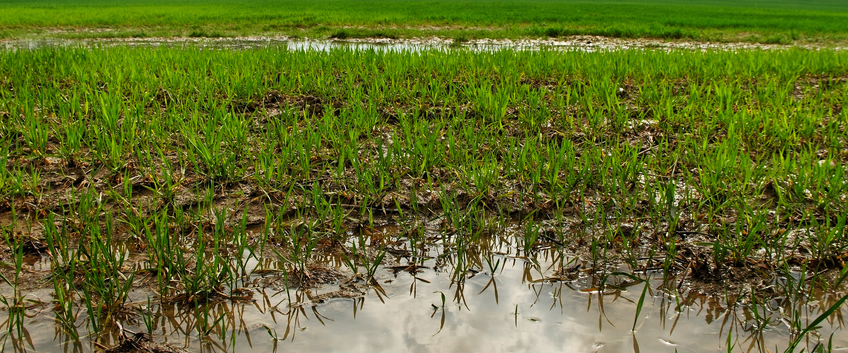The EPA broadens jurisdiction with its proposed rule, “Waters of the U.S.” impacting farmers across the country and New Hampshire.

The American Farm Bureau Federation (AFBF) has carefully analyzed the Environmental Protection Agency’s (EPA) and the U.S. Army Corps of Engineer’s proposed rule, “Waters of the U.S.” and is concerned with the intention of the proposal. Simply put, the rule attempts to regulate virtually all water, including puddles, ponds and ditches, making farming more difficult.
Veronica Nigh, the AFBF economist warns farmers that the rule could affect more than 106 million acres including cropland, pastureland, forestland, Conservation Reserve Program acreage and other agricultural lands. The proposal would impact almost all farmers in the United States and the Granite State is not immune.
With so many wetlands in New Hampshire, farmers are worried about potential ramifications of the rule. As a father, dairy farmer and President of the New Hampshire Farm Bureau Federation (NHFBF) Jeff Holmes is all for clean water. “Having clean water is just as important to me as it is to all New Hampshire residents,” said NHFBF President Holmes. “It is troubling that the EPA is trying to expand the Clean Water Act to include all wetlands. It is worrisome because it expands federal jurisdiction and jeopardizes local land-use and zoning.”
In addition there would be more permits and paperwork required by New Hampshire farmers. “The proposed rule would mean that I would need to get a permit for regular farm tasks such as seeding,” stated NHFBF President Holmes. “When it’s time to plant corn, the seeds need to get in the ground; I can’t wait for a permit.”
To bring about awareness the AFBF has developed the “Ditch the Rule” campaign in effort to lobby against the EPA’s proposed rule. The campaign includes a website, where farmers can make their voice heard via the FBAct Insider Action Center, or share links to Twitter followers.
The comment period has been extended to October 20 and until July 7 to comment on accompanying interpretive rule. For more information visit the Ditch the Rule website.
